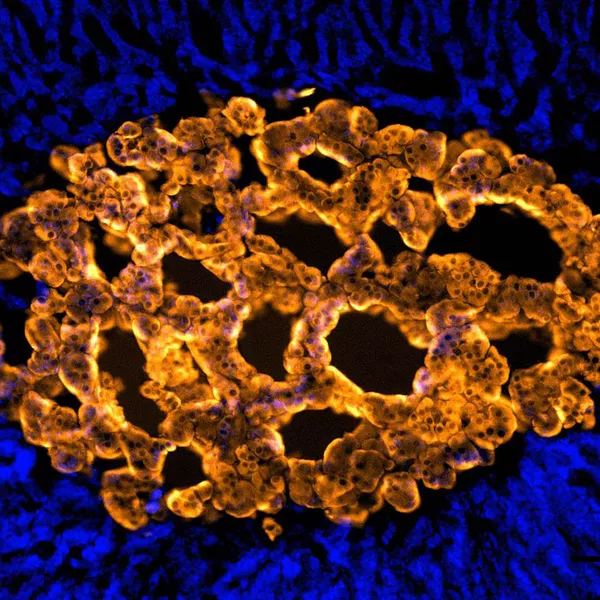
The team initially tested out the hypothesis in 83 patients who were given one dose of the drug to see its effects on key inflammatory cytokines, substances that drive inflammation and disease progression. “Patients with acute coronary syndrome have higher levels of these cytokines that work to trigger the dangerous inflammation around the heart,” the specialist explains. “We discovered that colchicine has a striking ability to suppress the release of these cytokines, effectively stopping inflammation in its tracks.”
The newly published research takes this discovery to the next level, testing the drug over a year in a study involving 80 patients who had recently suffered from acute coronary syndrome. Half were given standard treatment while the other half had standard treatment plus 0.5 milligrams of colchicine daily.
“Excitingly, we found that, when used over a year, colchicine therapy actually stabilises coronary plaque, making it less vulnerable and therefore less prone to rupturing and suddenly blocking a heart artery,” Associate Professor Patel says. “That’s a huge step up from simply proving that it helps with inflammation.”
Importantly, a particularly dangerous component of coronary plaque called low attenuation plaque, that has been clearly linked with adverse coronary events, was significantly reduced by colchicine. Associate Professor Patel says results are all the more significant as they occurred even for patients on blood thinners and high dose statin therapy, the current standard of care for plaque stabilisation.
Despite the strong findings, it’s still too soon to recommend colchicine use for heart patients. “Our next step is to run a randomised controlled clinical trial to give a more definitive result,” the specialist says. “We are also doing further mechanistic studies to better understand colchicine's anti-inflammatory effects in the setting of acute coronary syndrome.”
The study was carried out in collaboration with researchers from Royal Prince Alfred Hospital, the University of Sydney and the Catholic University School of Medicine, Santiago.
The paper, entitled Colchicine Therapy and Plaque Stabilization in Patients With Acute Coronary Syndrome: A CT Coronary Angiography Study, is available here: www.ncbi.nlm.nih.gov/pubmed/29055633


